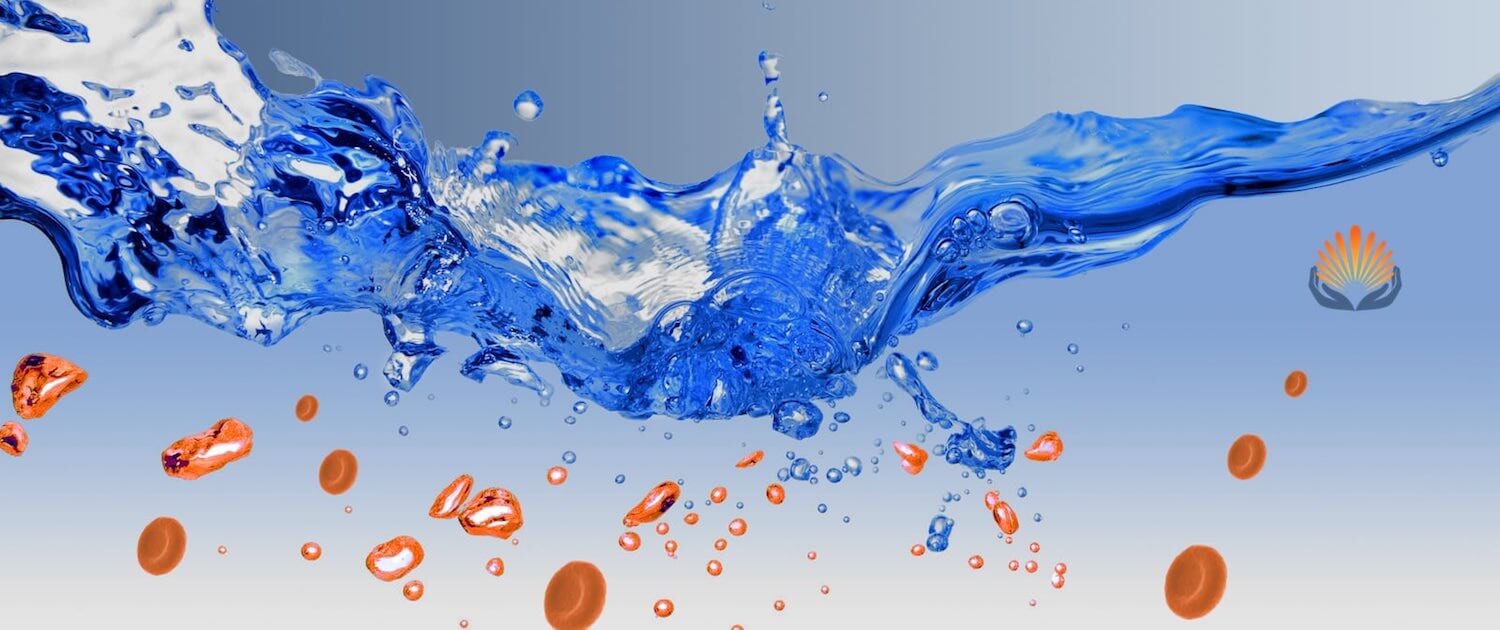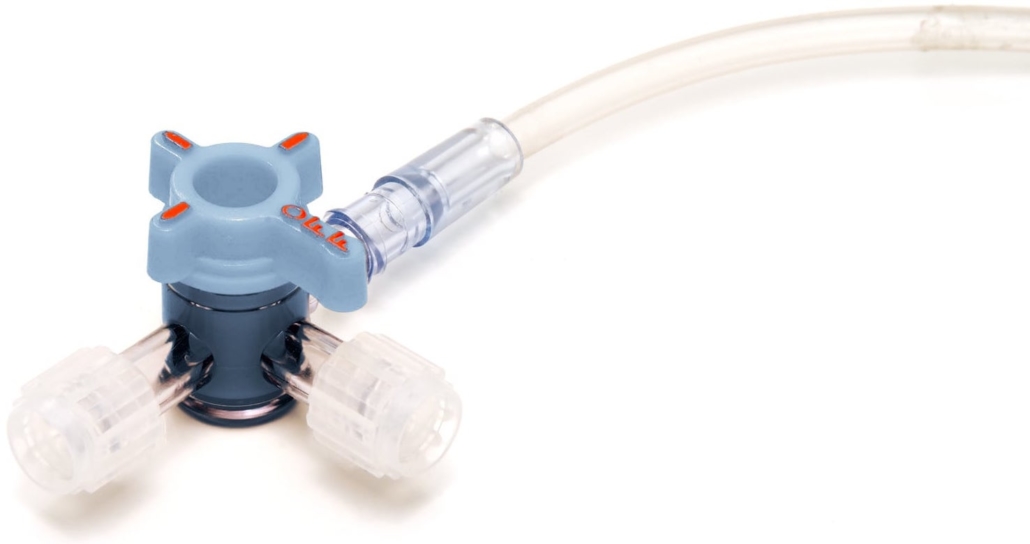IRON DEFICIENCY
Make sure you have tried Iron supplements first!
Why treat iron deficiency?
Iron Deficiency may cause:
- Anaemia that may eventually require a blood transfusion.
- Restless legs syndrome or hair loss.
- Less specific symptoms include fatigue, or poor concentration.
- Problems during pregnancy.
Oral iron is the first-line for the majority of people as it’s safe, easily accessible, and cheap.
What are the reasons for an iron infusion?
There are the usual reasons for an iron infusion:
- Side effects of oral iron are troublesome, or
- The iron supplement ‘isn’t working’ based on repeating the iron levels at least 6 weeks after starting the supplement, or
- Medical conditions like inflammatory bowel disease, chronic renal disease or chronic heart failure, or
- Pregnancy – though we ask you to obtain any infusion through your hospital antenatal provider.
Which oral Iron supplement should I take?
A lot of people think they are taking iron supplements when the dose of iron is far too low!
The dose of Iron required to treat iron deficiency is 100mg to 200mg of ‘elemental iron’ daily for at least 3 months. The dose stated on the front of the box will usually be dose of the iron compound rather than the dose of the elemental iron. The compound dose is around 3 times the elemental iron dose.
Look for the dose of ‘elemental iron’ in the small-print on the box, or ask the pharmacist. Examples of brands that include an adequate level of iron are:
- ®Ferrograd C has 105mg elemental iron with vitamin C.
- ®Ferro-F-tab has 100mg elemental iron.
- ®Ferroliquid that contains 30mg/ml elemental iron.
- ® Maltofer – there is evidence it may be better tolerated than other oral iron preparations.
Side Effects of iron supplements
Side effects of oral iron supplements are dose-related and include:
- Metallic taste
- Nausea
- Constipation
- Black bowel motions
How should iron supplements be taken?
- Take with orange juice or a Vitamin C supplement as 500mg Ascorbic Acid.
- Iron supplements are ideally taken on an empty stomach to increase absorption.
- Antacids for heartburn or indigestion should be taken at least 2 hours before or 4 hours after taking iron supplements.
How can I tolerate oral iron better?
You can consider the following to help tolerate the oral iron:
- Try Taking iron supplement with food. This doesn’t work as well as taking it on an empty stomach, but it’s better to have iron with food than not at all!
- Try splitting a single dose into smaller doses through the day. This is easiest to do liquid versions of oral iron.
- Alternate day dosing.
- Take with a stool softener.
It’s time to think about an iron infusion when Iron supplements are just not working, or causing side effects.





Please Telephone us (not email) with any enquiries.